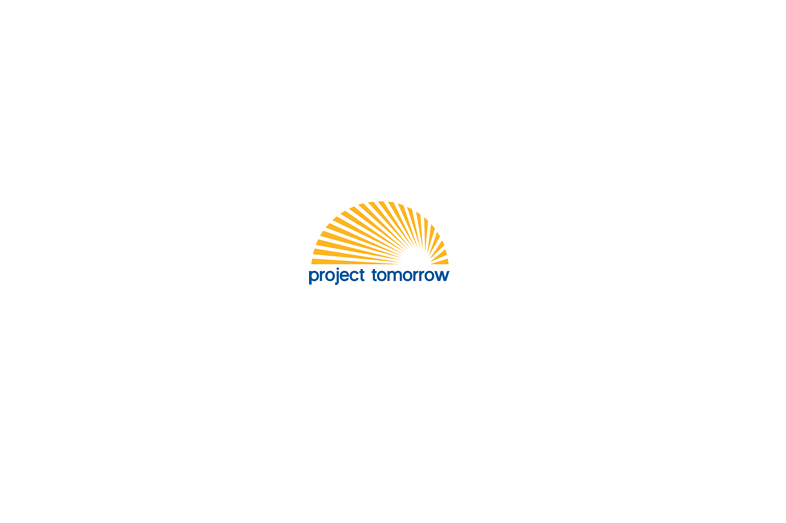(WASHINGTON, D.C.) October 13, 2022 – Project Tomorrow, the nation’s leading education nonprofit, is providing new insight into the long-term impact of the pandemic with increased technology-based instruction in K-12 education. In its annual Congressional Briefing today, the nonprofit presented this year’s Speak Up Research Project findings. This year’s results indicate patterns across digital learning for students and teachers coinciding with the effects that the pandemic had on learning.
The Speak Up Research Project is a national research initiative and free service to schools and districts. Since the Fall of 2003, Speak Up has helped education leaders include the voices of their stakeholders in annual and long-term planning. ed.Web.net hosted today’s briefing, which featured keynote speaker Kristina Ishmael, Deputy Director of the Office of Ed Tech at the U.S. Department of Education.
“This moment in time presents a unique opportunity for the future of education,” said Dr. Julie A. Evans, Chief Researcher and CEO of Project Tomorrow. “Students and teachers are evolving the education system we previously knew; our students are realizing the benefits of technology and teachers are evaluating this technology with new attitudes and infused styles of teaching to create new bridges and motivate students for self-directed learning to foster a more engaging experience overall.”
Key takeaways from the 2021-2022 Speak Up Research Project include:
- Principals are concerned with maintaining staff morale, with more than half reporting it as a top concern among many issues still facing districts after the pandemic.
- Teachers are more willing to let students have autonomy in how they learn now than before the pandemic, with a huge jump of educators indicating that they feel comfortable in allowing students to have a say in how they want to learn.
- Students are more comfortable utilizing school technology to learn and complete assignments. Almost every single category of digital usage in the classroom went up in comfort level among students.
Project Tomorrow will leverage these findings as it works towards the 2023 National Educational Technology Plan (NETP). The U.S. Department of Education recently announced that it has awarded the NETP contract to the State Educational Technology Directors Association (SETDA) and its coalition partners, including Project Tomorrow.
Educators can view the Congressional Briefing recording via edWeb and can earn a CE certificate through the platform. In addition to Project Tomorrow, Speak Up 2021-22 was made possible through support from Finalsite, iboss, Spectrum Enterprise, Agile Education Marketing and edWeb.
To view and download this year’s report, visit https://tomorrow.org/speakup.
About Project Tomorrow & Speak Up
The Speak Up Research Project is a national initiative of Project Tomorrow, an internationally recognized education nonprofit organization dedicated to ensuring that all students are prepared to become tomorrow’s leaders, innovators and engaged citizens of the world. Each year, the Speak Up Project polls K-12 students, parents, and educators about the role of technology for learning in and out of school and the impact of new learning models on student outcomes and teacher effectiveness. The Speak Up dataset represents the largest collection of authentic, unfiltered stakeholder voices on digital learning. Since the fall of 2003, more than 6.2 million K-12 students, parents, teachers, librarians, principals, technology leaders, district administrators, communications officers, and members of the community have shared their views and ideas through Speak Up. Education, business, and policy leaders report that they regularly use the Speak Up data to inform federal, state, and local education programs, policies, and initiatives. Learn more at https://tomorrow.org/speakup
